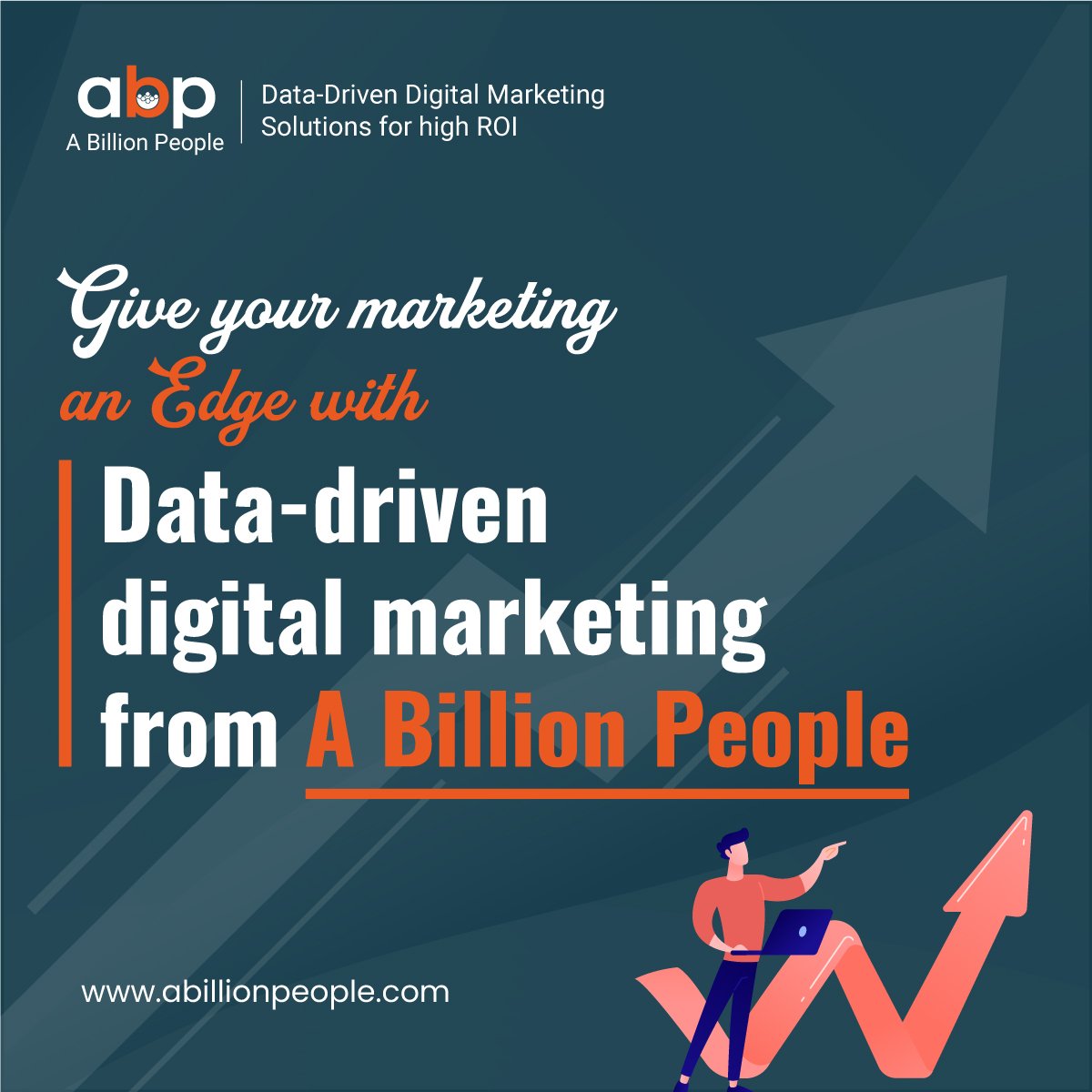In the world of sales and marketing, success hinges on more than just knowing your products and your target audience. It requires a deep understanding of human emotions and the ability to connect with potential customers on a personal level. This is where emotional intelligence comes into play. Emotional intelligence, often referred to as EQ, is the ability to recognize, understand, manage, and effectively use emotions in various situations. In the context of sales and marketing, the role of emotional intelligence cannot be overstated. In this blog post, we will explore the significance of emotional intelligence in sales and marketing, how it influences success, and how individuals and businesses can harness its power to drive better results.
1. Building Authentic Relationships
One of the primary aspects of emotional intelligence is the ability to build and maintain authentic relationships. In sales and marketing, authenticity is crucial for trust-building and long-term customer loyalty. Salespeople and marketers with high emotional intelligence can connect with customers on a personal level, leading to stronger relationships that extend beyond the initial sale.
When customers feel understood and valued, they are more likely to trust the brand and become repeat buyers. Emotional intelligence helps salespeople and marketers read and respond to the emotions and needs of their clients, allowing them to provide personalized solutions and experiences. This authenticity resonates with customers, making them more likely to engage with the brand and become advocates.
2. Empathy as a Key Component
Empathy, a core component of emotional intelligence, plays a pivotal role in sales and marketing success. Sales and marketing professionals must understand the emotions, concerns, and desires of their customers. By putting themselves in the customer’s shoes, they can tailor their approach to address those specific needs and challenges.
Empathetic salespeople and marketers can adjust their communication style and message to align with what the customer is experiencing. This leads to a more meaningful and impactful interaction, fostering trust and rapport. Empathy not only helps in understanding the customer’s perspective but also in managing objections and addressing their concerns effectively.
3. Effective Communication
Communication is at the heart of sales and marketing. Emotional intelligence enhances one’s ability to communicate effectively, not just in terms of what is said, but also in how it is said and how it is received. Salespeople and marketers with high EQ are skilled at active listening, understanding non-verbal cues, and adapting their communication style to resonate with their audience.
Effective communication involves conveying the right emotions and messages at the right time. Emotional intelligence allows professionals in sales and marketing to be more persuasive and influential. They can express enthusiasm, confidence, and authenticity, which are crucial for engaging prospects and building brand loyalty.
4. Resilience in the Face of Rejection
Rejection is an inevitable part of sales and marketing. It can be disheartening, but individuals with high emotional intelligence are better equipped to handle rejection and setbacks. They understand that rejection is not a reflection of their self-worth but rather a part of the profession.
Emotionally intelligent salespeople and marketers can bounce back quickly from rejection and learn from their experiences. They do not take rejection personally, but instead use it as an opportunity for growth and improvement. This resilience allows them to stay motivated and maintain a positive outlook, even in the face of adversity.
5. Conflict Resolution and Problem Solving
In the world of sales and marketing, conflicts and challenges are bound to arise. Emotional intelligence is a valuable asset when it comes to resolving conflicts and problem-solving. Individuals with high EQ can navigate challenging situations with grace and poise.
By understanding the emotions of all parties involved, emotionally intelligent professionals can defuse tense situations and find mutually beneficial solutions. This skill is essential in maintaining healthy relationships with customers, colleagues, and partners, all of which are critical to long-term success in the industry.
6. Decision-Making and Risk Management
Sales and marketing often require quick decision-making, and these decisions can have a significant impact on a business’s success. Emotional intelligence helps individuals make well-informed decisions by considering not only the facts but also the emotions and potential consequences involved.
Professionals with high EQ can assess risks, evaluate opportunities, and anticipate how different decisions may affect their customers and the brand’s reputation. They are less likely to make impulsive or emotionally charged decisions, which can lead to costly mistakes.
7. Adapting to Change
The sales and marketing landscape is constantly evolving. To stay competitive and successful, professionals must be open to change and innovation. Emotional intelligence aids in adapting to new circumstances and embracing change with a positive attitude.
Emotionally intelligent individuals are more likely to be open to new ideas and receptive to feedback. They can pivot their strategies and tactics as needed, responding effectively to market trends and customer demands. This adaptability is a significant advantage in an ever-shifting business environment.
8. Motivation and Goal Achievement
High emotional intelligence is closely related to motivation and goal achievement. Emotionally intelligent individuals are driven by a clear sense of purpose and a commitment to their goals. They can maintain their motivation even when faced with obstacles and setbacks.
In sales and marketing, setting and achieving goals is paramount. Emotionally intelligent professionals are not easily discouraged by missed targets; instead, they use setbacks as opportunities to learn and improve. This determination and persistence are key factors in long-term success.
9. Creating Compelling Marketing Content
Marketing content that resonates with the audience and evokes emotions is more likely to be effective. Emotional intelligence plays a crucial role in creating compelling content that speaks to the hearts and minds of potential customers.
Marketers with high EQ can identify the emotions that drive their target audience and craft messages, visuals, and stories that connect with those emotions. This leads to more memorable and impactful marketing campaigns that drive engagement and conversion.
10. Customer-Centric Strategies
Emotionally intelligent sales and marketing professionals put the customer at the center of their strategies. They understand that customer satisfaction and loyalty are paramount. This customer-centric approach leads to long-term success, as satisfied customers are more likely to become loyal brand advocates.
By consistently gathering and analyzing customer feedback, emotionally intelligent professionals can adapt their strategies to meet evolving customer needs and preferences. This customer-focused approach helps in building strong, lasting relationships that contribute to business growth.
Conclusion
In the highly competitive world of sales and marketing, emotional intelligence is not just a nice-to-have attribute; it’s a critical factor that can make the difference between success and mediocrity. Building authentic relationships, demonstrating empathy, effective communication, resilience, conflict resolution, decision-making, and adaptability are all enhanced by emotional intelligence.
Emotionally intelligent professionals not only connect with their customers on a deeper level but also navigate the challenges and uncertainties of the industry with finesse. They are motivated, goal-oriented, and customer-centric, ultimately driving business growth and success.
To thrive in sales and marketing, it is essential to recognize the value of emotional intelligence and invest in its development. By honing these skills, individuals and businesses can create lasting, meaningful connections with their audience and achieve sustainable success in an ever-changing market.


















